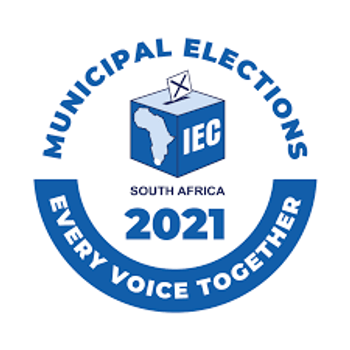Local Government Election and Business
The University of Potchefstroom hosted a Think Tank meeting to discuss: The state of local government and the upcoming elections in South Africa – challenges and opportunities for small businesses.
On 1 November 2021, South Africans will elect councillors for the 278 municipalities in South Africa. The election will take place against a backdrop of significant political, economic and social challenges. What role can small businesses, particularly chambers of commerce, play in bringing about the necessary changes at the local government level?
Low economic growth, corruption, poor audit reports, high unemployment, and political violence and vandalism are features of the current environment—small businesses in particular face major challenges due to poor service delivery. Elections can be seen as an opportunity to bring about change and hold politicians accountable.
Professor Raymond Parsons, the former CEO of the South African Chamber of Business, emphasised what business needs to do. The importance of the business community needs to be emphasised because of the 278 medium, large and small local authorities; only a few have local chambers or business forums. Over the years, the local organised network of organised businesses has continued to shrink, regardless of the umbrella they operated. One has to see that the local chamber influences the course and events; otherwise, the members will become dissatisfied. And, of course, without the participation of the business community, the structure can disintegrate.
So if the business community wants to maximise its influence in the current environment, on several levels, but we are talking primarily about the local level, then firstly, chambers must either revitalise themselves or existing chambers need to be proactive in addressing some of the issues that are structurally important to them in their area. Accountability is essential in a democracy. The chamber or a group of business people should question the politicians and ask, “What do you stand for?”. These are the problems we have, and how do you want to solve them.”
When the election is over, the chambers or businesses have not finished their work. Where you do not have a chamber, that’s a good reason to start one or support an existing chamber. We want to create a new order at the local level and give local businesses a motive to gather around a structure that can be effective and engage in one way or another. The business community needs to take the opportunity now to organise more effectively across the country and make sure that the voice of business is heard.
